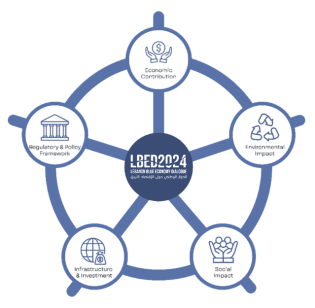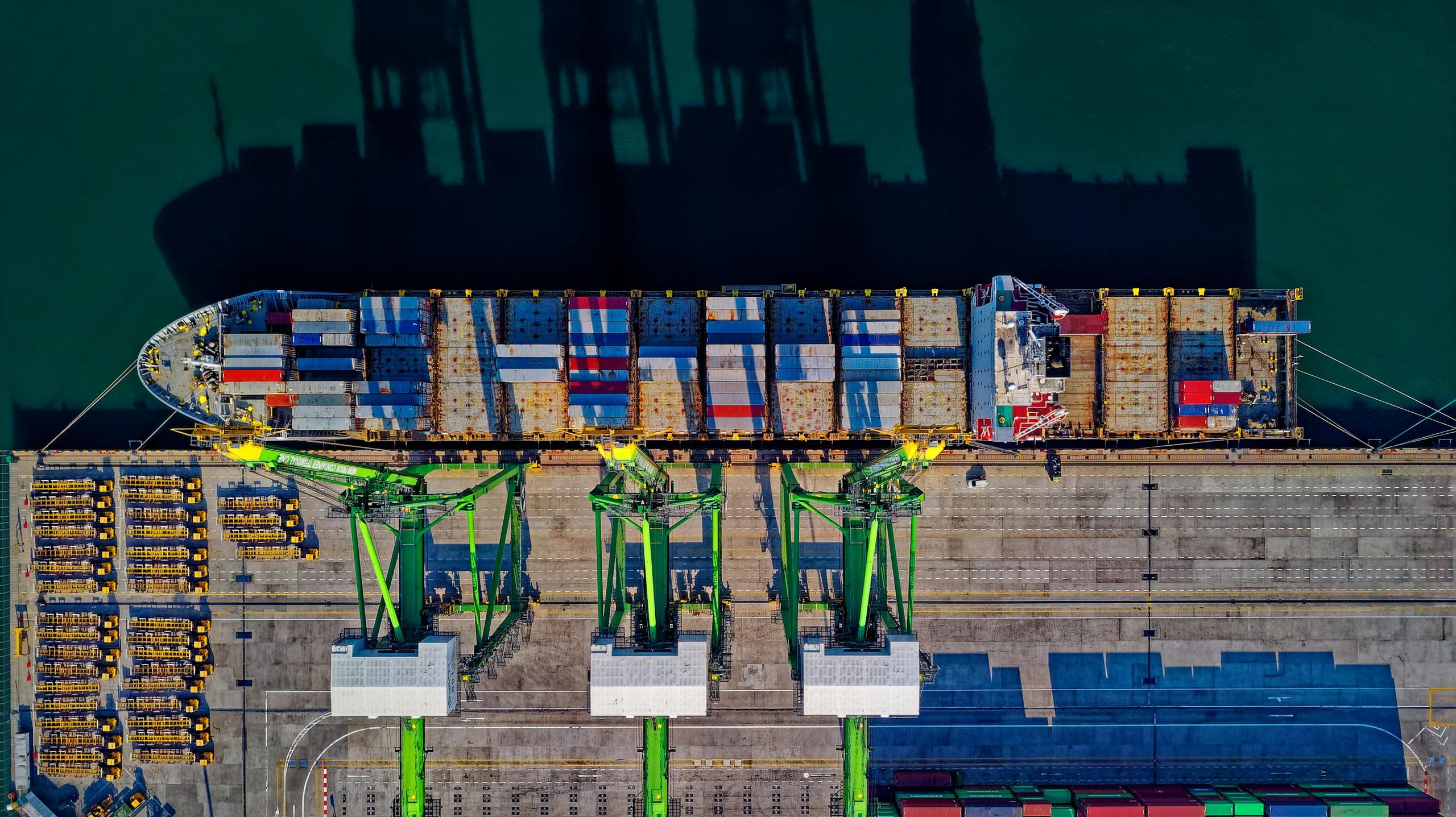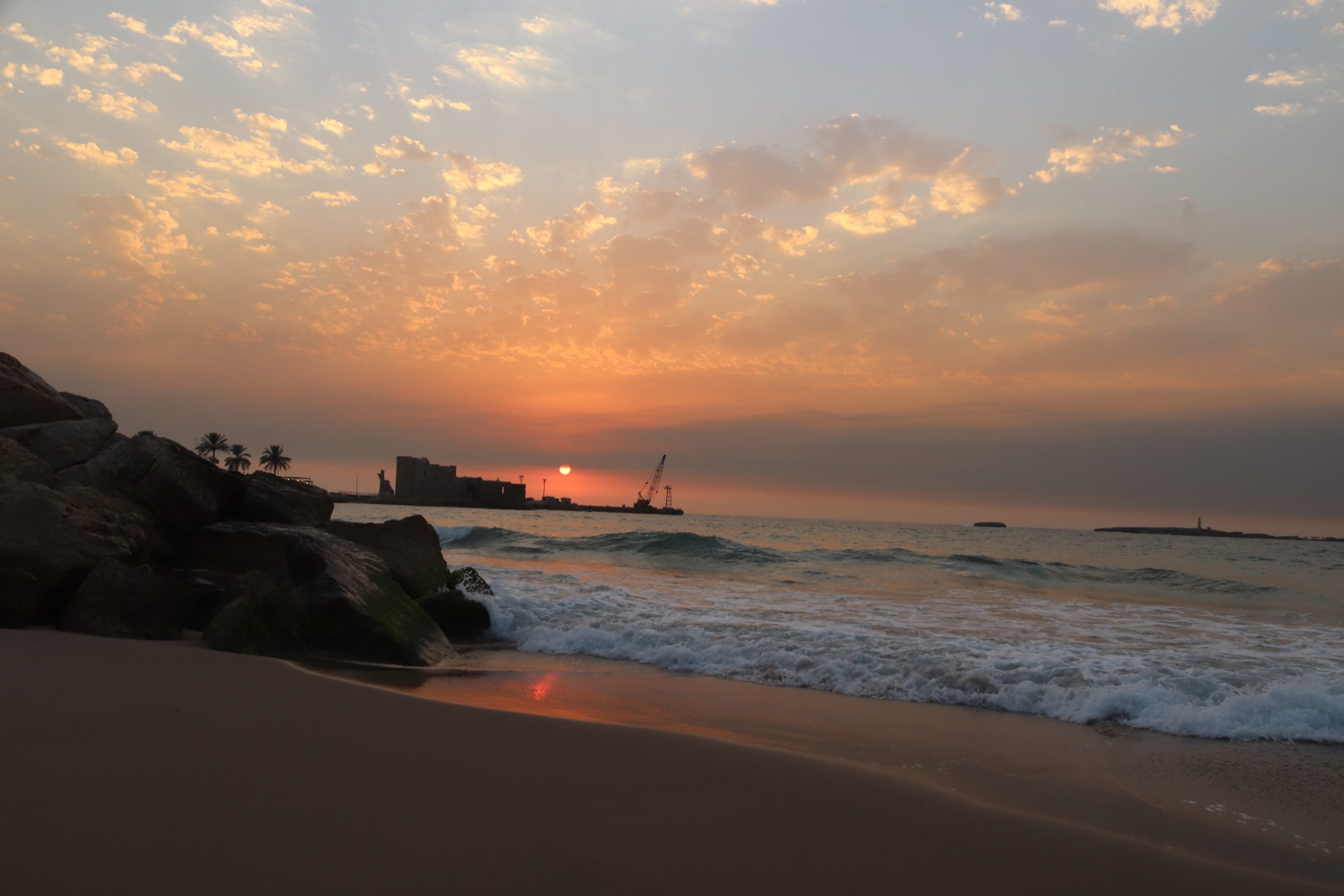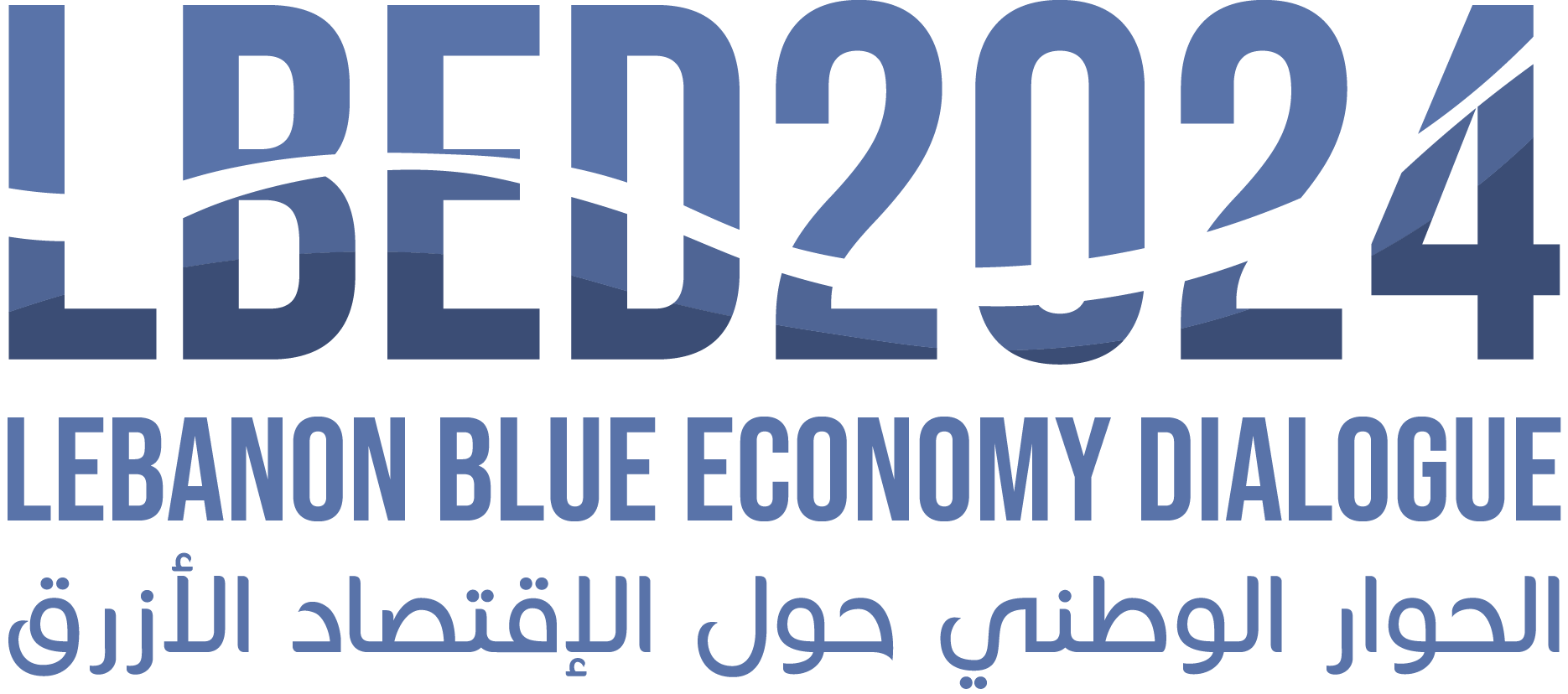Lebanon's Blue Economy Assessment
Overview
This comprehensive assessment provides a strategic overview of Lebanon’s coastal and marine resources, evaluating key sectors with an interdisciplinary perspective to explore pathways for a resilient and prosperous maritime future that benefits both people and the environment.
Methodology
Our approach combined diverse data sources, advanced analytical frameworks, and extensive stakeholder engagement to ensure a comprehensive understanding of the sector.
Data was sourced from reports, academic research, and stakeholder interviews, supplemented by Focus group discussions and field observations to gather nuanced insights into maritime activities and their impacts.
Stakeholder input was pivotal, gathered through workshops and consultations with industry experts, community leaders, and policymakers to refine our findings and recommendations.
Lebanon Blue Economy
Framework
Lebanon’s Blue Economy Framework integrates economic growth with ecological sustainability by focusing on five key aspects: Economic Contribution, Environmental Impact, Social Aspect, Infrastructure and Investment, and Regulatory and Policy Framework.

Navigating Sustainability
This framework identifies key challenges and opportunities within key sectors and outlines tailored strategic interventions.
Supported by a multilevel governance approach and continuous assessment, each aspect is crucial in shaping the sustainability of the Blue Economy sectors.
Key
Insights
Economic Opportunities
Significant potential exists to revitalize traditional sectors and introduce new sustainable practices that enhance productivity and diversification.
Environmental Challenges
Coordinated actions are crucial to address pollution, overfishing, and habitat destruction to conserve Lebanon's marine biodiversity.
Social and Governance Insights
Strengthening governance and fostering
community engagement are vital to ensure
equitable resource distribution and enhance stakeholder involvement.
Gap
Analysis
Delve into the current state, desired outcomes, and existing gaps in key sectors of Lebanon's Blue Economy, including port activities, marine living resources, and coastal tourism.
Policy
Recommendations
Drawing on comprehensive assessments, this section outlines strategic initiatives to transform Lebanon's maritime sectors, enhance sustainability, and ensure equitable growth.
It highlights actionable steps to modernize fisheries,
ports, and tourism, while fostering economic
innovation, environmental stewardship, and community involvement for a thriving Blue Economy.

Strengthen Policy and Governance
Develop and enforce policies for sustainable management, utilizing international partnerships to modernize infrastructure.
Enhance Environmental Management
Implement global best practices in conservation to minimize environmental impacts and protect marine ecosystems.
Promote Economic Development
Foster investments in traditional and emerging sectors, emphasizing sustainability and innovation.
Advance Social Equity
Create inclusive programs that distribute benefits widely, ensuring all communities share in the gains from the Blue Economy.
Sector-Specific
Initiatives
Ports
Upgrade port facilities with green technologies, enhancing logistics and waste management.
Marine Resources
Improve fishermen’s skills, promote responsible fishing, and organize fishermen into more effective syndicates.
Tourism
Develop projects focused on
eco-tourism and cultural heritage
to showcase Lebanon's natural
beauty and cultural values.

Way Forward
Policy Brief
The policy brief advocates for a structured approach involving the immediate implementation of these policies, long-term strategic planning, and continuous monitoring and evaluation.
This approach ensures that the initiatives remain sustainable and adaptable to changing global trends and local needs.
